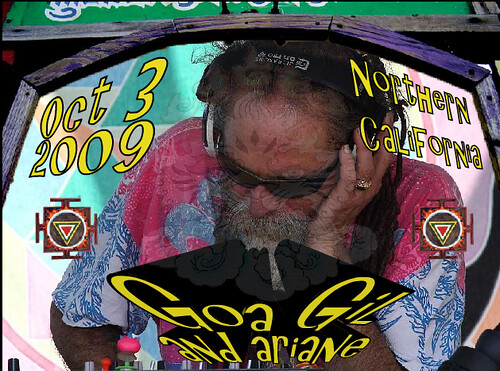Privacy and social networks: a grassroots social network activist’s perspective
Social network sites epitomize the wave of the future, Obama’s strength in 2008, and youth. Â They’re overwhelmingly in favor of civil liberties. Â And civil liberties supporters are getting organized there.
— Social network activism and the future of civil liberties, originally published on Pam’s House Blend
At the annual privacy coalition meeting in Washington DC, Lillie Coney of EPIC asked me to be on a panel on “Cloud Computing and Social Networking” moderated by Rebecca MacKinnon.  Some of the topics she suggested I might want to cover include how the projects I’ve worked on have brought people together on social networks, and where users’ control of personal information did and didn’t matter. Here’s a sketchy version of what I’m thinking of saying ….
- social network activism is a powerful way to reach and engage people who care about the issues but are currently not active supporters. unique advantages include rapid information diffusion through trusted sources, public indications of strength, creating and strengthening bonds between participants, and media attention
- people can participate publicly (changing status, posting links, joining groups, contacting politicians), secretly (forwarding information by private messages or in “friends-only” groups) or passively (consuming information). for secret and passive participants, control of information and privacy is extremely important
- the privacy and civil liberties community in the US has a huge opportunity to change the dynamics of the debate by devoting a lot more resources to social network activism
2010 01 21
Comments Off on Privacy and social networks: a grassroots social network activist’s perspective



 One of our goals for the 2010
One of our goals for the 2010